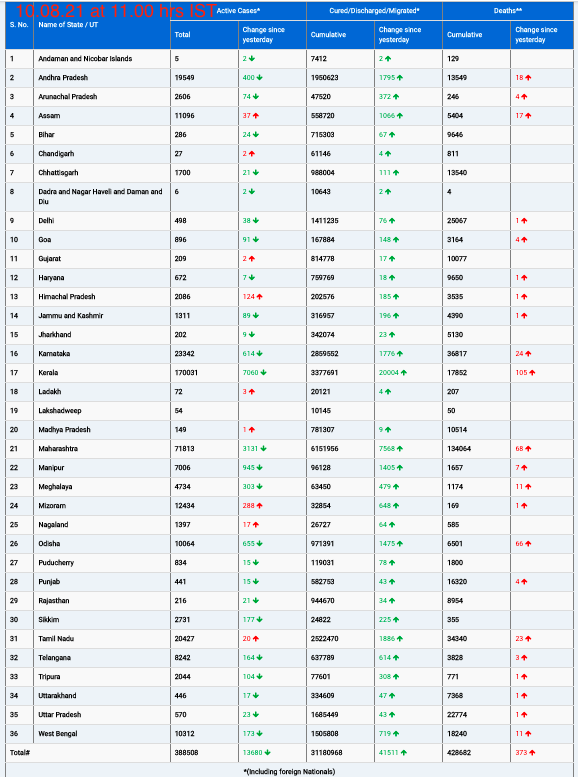The alarming rise of gynaecological cancers, particularly among younger Indian women, has become a cause for concern, with experts identifying obesity, diabetes, and Polycystic Ovarian Syndrome (PCOS) as major contributors. Gynaecological cancers such as endometrial, ovarian, and uterine cancers, once predominantly affecting older, post-menopausal women, are now increasingly being diagnosed in women in their 30s, experts warned on Monday.
“Obesity rates are climbing, and more women are delaying childbirth or opting to remain childless, leading to prolonged exposure to oestrogen—a known risk factor for endometrial cancer,” said Dr. Vandana Jain, Senior Consultant and Chief of Gynae Oncology Services at Rajiv Gandhi Cancer Institute and Research Centre (RGCIRC). Jain further explained that pregnancy provides a protective effect against cancer due to the production of progesterone, while conditions like PCOS, which disrupt regular ovulation, elevate the risk.
Endometrial cancer, developing in the uterine lining, is becoming more frequent among younger women, traditionally a condition seen in post-menopausal women. This shift is concerning, as younger women are increasingly vulnerable to this serious health threat. According to statistics, approximately 1 in 100 women are diagnosed with either uterine or ovarian cancer, with a noticeable uptick in recent years.
“Ovarian cancer is now the third most common cancer type among women in India, with an age-adjusted incidence rate of 6.8 per 100,000 women, according to the Indian Council of Medical Research (ICMR),” shared Dr. Sai Lakshmi Daayana, Senior Consultant in Surgical Oncology at Apollo Cancer Centres, Hyderabad. While ovarian cancer generally affects women over 50, Daayana noted that fertility treatments, often sought by women with infertility issues like PCOS, may elevate their risk of developing ovarian cancer later in life.
Infertility, once prevalent in 1 in 10 couples, has now risen to affect 1 in 3 couples, largely due to the increasing prevalence of PCOS. This condition not only complicates fertility but also exacerbates the risk of cancers related to hormonal imbalances.
Dr. Daayana further emphasized that uterine cancer is also becoming more common in two distinct groups. The first is women aged 50 and above, where the combination of diabetes and obesity has been linked to a higher incidence of uterine cancer. The second group, however, is even more troubling—young women with PCOS, most of whom are in their late 20s and 30s. These women, many of whom have not yet conceived, face menstrual irregularities, weight gain, and metabolic issues akin to diabetes, all of which increase their risk of developing uterine cancer.
Experts stressed the importance of adopting healthy lifestyle changes to curb this growing trend. Maintaining a healthy weight, managing diabetes, and addressing hormonal imbalances through both lifestyle changes and medical interventions are critical steps in reducing the risk of these cancers. Regular screenings and early detection efforts are also vital in addressing the rise of gynaecological cancers in young women.
“Long-term lifestyle changes and medication are necessary to mitigate these risks and protect future generations,” Daayana concluded, urging women to be proactive about their reproductive health. As the number of cases rises, early intervention and increased awareness remain the most powerful tools in the fight against gynaecological cancers.












